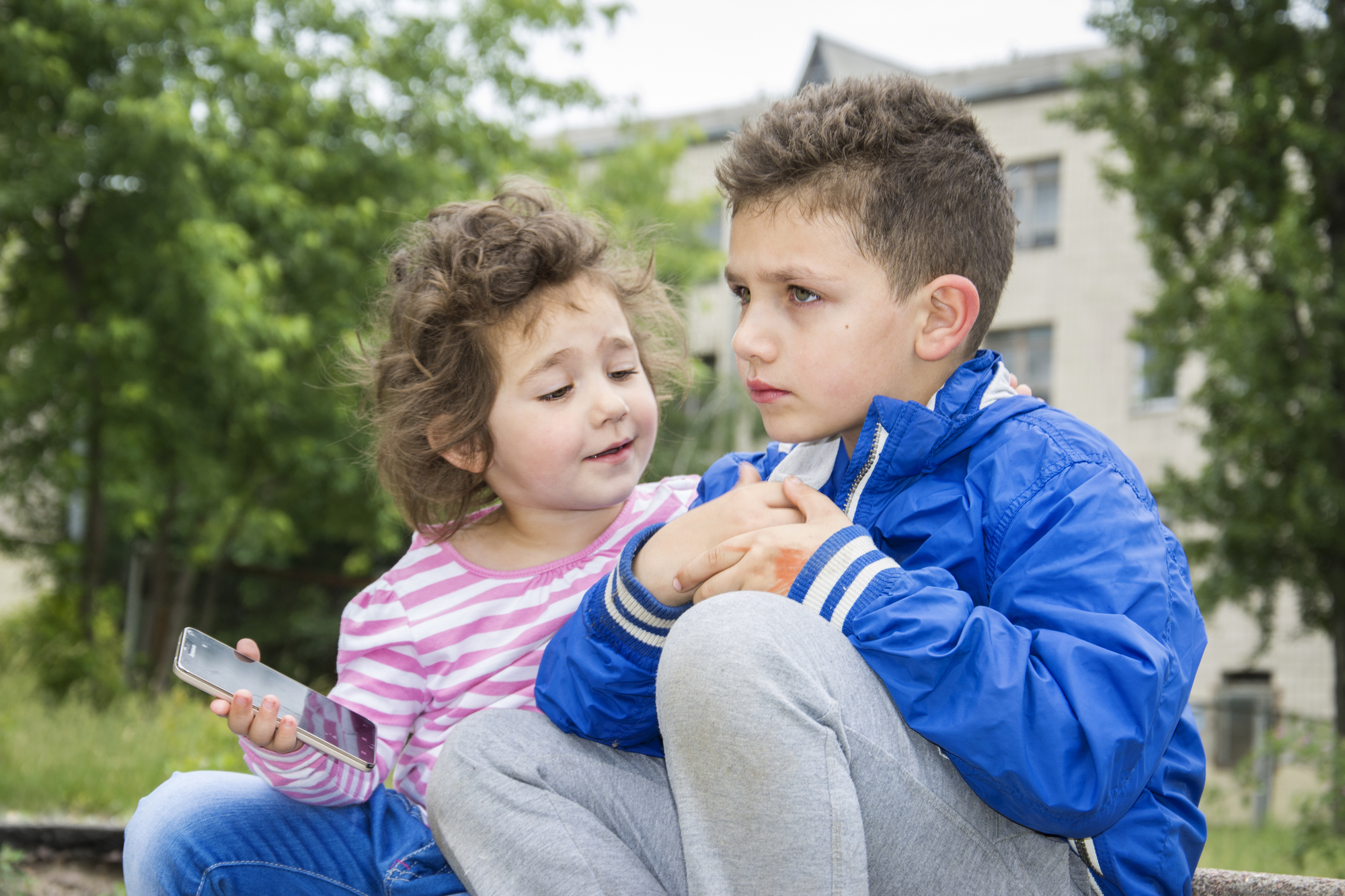Death is a devastating part of human experience. Talking to your children about the death of a loved one is challenging. How do we tell them, what should we say are all questions most of us struggle with?
There are certain guidelines that if we follow it will help not only our children to process and cope with the news, but can also help parents manage their emotions as well.
Loss can come from many areas. A family member, a close friend, peer from school or sport, even the family pet. A loss is a loss regardless of who it is. The child learning to process and understand the loss of someone they care deeply about can help them through life.
Sharing the news of loss with our kids is different depending on the child’s age. Saying this, however, there are some basic guidelines that apply to all kids.
1. Be honest with your child
Let them know their loved one, parent, sibling, grandparent, or whoever it is, has passed away. They are not asleep, they have left this earth forever. They may be in a more comfortable place, especially if ill or in pain. You can let your child know they no longer suffer or in pain and have now passed to another or better place. If you hold religious beliefs, of course, speak about heaven and God as this is very comforting.
2. Accept their response
Sometimes one of the most confronting and confusing times for a parent is the response of their child to such sad news. Sometimes kids will ask a question or two then quickly move on to their next activity, then other times they can be completely devastated and cry immensely. This doesn’t mean they are not loving or not coping, it means they are processing the best way they know how for them.
3. Ask questions, listen to answers
When delivering this news to your child or children, be prepared to answer questions, some can be confronting. Please remember to share with your child honestly but only share relevant information. For instance, if the parent, grandparent or close family or friend dies from a terrible accident, all the child needs to understand is there was an accident, the person suffered injuries and was not able to be saved, even though people may have tried. They do not need to know the dark, descriptive reasons or intricacies even if they ask. Share with them the relevant information only.
4. Speak normally
Do not use sugar-coated words or baby-talk. Use normal age-appropriate language. What occurred is upsetting and confronting, dumbing it down may hurt more than help. Kids like concrete information, it helps them understand and process, therefore, words such as passed away or died may sound harsh, but they are understood clearly.
5. Be patient
Be patient with children after a loss, they will all process differently, like adults. Many children take longer and can keep feelings in, these are the kids that should be encouraged to talk about how they feel so you can validate their emotions. If one child struggles and the others seem to be coping, talk individually to the children about how each of them will process their way. There is no right or wrong way to process grief, only our way. Professional support can sometimes be of great benefit if you feel the grief is taking longer than you expect.
6. Encourage discussion and expression
By having those conversations in an open forum or family meeting, about how each person is feeling, can often be greatly beneficial. Trauma and grief can present in many different ways. The most important thing for a child is to feel they are understood and accepted regardless of how they process. Presence, love, cuddles and smiles are all helpful.
7. You are their lead
The parent is often the lead for the child on how to grieve. Of course, you may feel overwhelmed and incredibly sad or devasted, however, express these deep emotions privately and share the sadness emotions occasionally. Children will learn their coping processing from you their parent.
8. Use support and resources
Use family and friends to help with outings and activities for as long as you need, especially if you are feeling overwhelmed. Utilise any groups designed for children who have lost a loved one and there are many helpful book resources designed for younger children to aid them coping. If you are struggling to cope please contact Lifeline for help or call 13-11-14. If you feel your child need to talk to someone please refer them to Kids Help Line or they can call 1800-55-1800
9. Blame
Sometimes our kids may blame themselves for their loved one no longer being present. It may have been a thought they had when angry, a word they said previously or something they did or were unable to do to help the other person before they passed. Be aware, depending on who it was, to be mindful the child does not feel this way and if they do I urge you to seek professional Counselling support
By remaining attentive and available to your children helps them find a safe place where they can land and settle, allowing them to learn how to deal with and manage their emotions and grief.
Read more from Dr Karen






